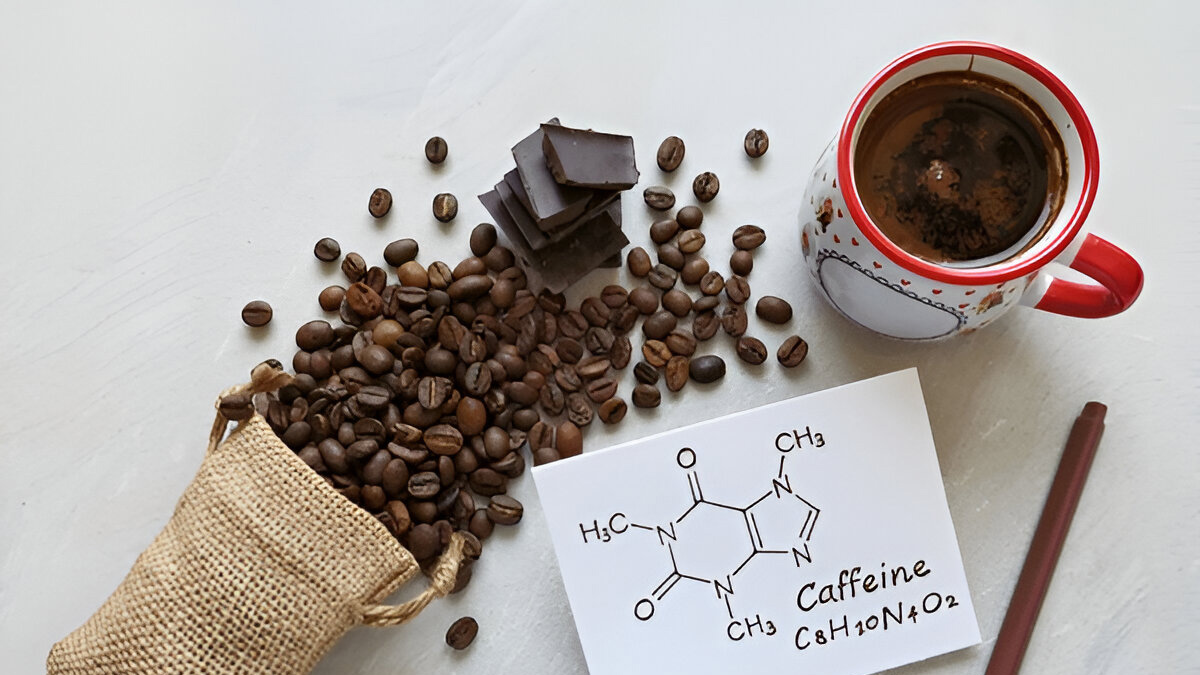
Have you ever watched those oddly satisfying videos of whipped coffee being spooned over a glass of milk? That’s cloud coffee or dalgona coffee; the creamy, Instagram-famous drink that went viral during lockdown. It looks dreamy and feels indulgent, but beneath the froth and flair lies a fair question: is it good for your health?
Table of Content:-
We asked Dr Archana Batra, Dietician and Certified Diabetes Educator, Gurugram, to break it down.
What Is Cloud Coffee?

Cloud coffee is made by whipping equal parts of instant coffee, sugar, and hot water until it becomes creamy, fluffy, and cloud-like in texture. This rich foam is spooned over a glass of chilled or hot milk, often chilled for the original rendition. It results in a visually stunning two-tone drink that is indulgent, luxurious, and yes, Instagram-worthy.
But like many viral food trends, the visual appeal often overshadows the nutritional reality. So let’s take a closer look.
Also Read: What Is Coffee Enema? Expert Explains Viral This Colon Cleanse Trend
Nutritional Insight
Cloud coffee must be light and airy, but it also depends on how it's prepared and the quantity of ingredients used.
Sugar Content
The traditional recipe uses about 1-2 tablespoons of sugar per serving, which can lead to a sugar spike due to the high calorie content. “A single serving of traditional cloud coffee can contain up to 24 grams of added sugar. Diabetes patients and those with insulin resistance may find this problematic. I always recommend using minimal sugar or opting for natural sweeteners like stevia or monk fruit,” said Dr Batra.
Caffeine Dose

Instant coffee is quite concentrated, and whipping it only intensifies the dose. It can boost alertness and even improve metabolic rate. However, when coffee is mixed with sugar and creamer, like in cloud coffee, these benefits can vanish and even backfire, as seen in Korean adults where instant coffee mixes were significantly linked with metabolic syndrome.
Excessive caffeine has the potential to cause jitteriness, rapid heartbeat, anxiety, or even disturbed sleep, particularly in those with caffeine sensitivity. For those already drinking several cups of coffee daily, cloud coffee could send their consumption over the optimum level (approximately 400 mg daily for most adults). If you're a person who gets jitters from caffeine or feels anxious, you might need to reduce consumption or take a smaller portion.
Also Read: TikTok's Trending Cloud Coffee: Is It Really Good For Your Health?
Milk Choice
The choice of milk may impact its overall health effect. Whole milk thickens the beverage but also contributes saturated fats and calories. If weight or cholesterol has to be monitored, Dr Batra recommends using lighter versions, such as unsweetened almond milk, oat milk, or soy milk. "These are not only lactose-free but also lower in calories, especially beneficial for a vegan or lactose-free diet," she further added.
“The choice of milk can completely change the health profile of the drink,” she says. “Go for plant-based options, but check labels to ensure they don’t have added sugars.”
Bottomline
Dr Batra concluded, "Cloud coffee can certainly be consumed occasionally, especially if it is prepared mindfully. It's not unhealthy, but people with diabetes should be extra cautious, as it contains more sugar and caffeine; instead, they should prefer having alternative natural sugars."
For regular consumption, consider tweaking the recipe: cut back on sugar, use a natural sweetener, choose low-fat or plant-based milk, and limit your intake to one serving a day.
[Disclaimer: This article contains information provided by an expert and is for informational purposes only. Hence, we advise you to consult your professional if you are dealing with any health issue to avoid complications.]
Also watch this video
How we keep this article up to date:
We work with experts and keep a close eye on the latest in health and wellness. Whenever there is a new research or helpful information, we update our articles with accurate and useful advice.
Current Version
Jul 08, 2025 12:01 IST
Published By : Chanchal Sengar